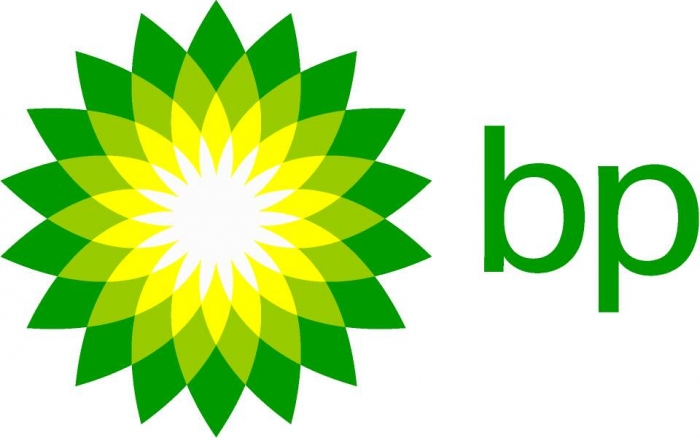Joseph Murphy, BP's vice president for the Southern Corridor, said in an interview Tuesday in London that BP's own operated costs were set to be 20% under budget.
The corridor comprises the 16 Bcm/year, BP-operated Shah Deniz 2 field offshore Azerbaijan that started production in May, the expanded South Caucasus Pipeline via Georgia, the recently commissioned 31 Bcm/year TANAP pipeline in Turkey and the 10 Bcm/year TAP link to Italy.
When the final investment decision was taken on the project in December 2013, the budget was set at $45 billion.
"The savings have come first -- and most importantly -- from remaining on schedule," Murphy said.
"Often these kinds of mega-projects fall behind schedule. But the way the projects have maintained the schedule has meant that your traditional overspend, or utilization of contingency, has not occurred," he said.
Murphy said there was still work to do to complete the project, with TAP and parts of TANAP still to be finished.
On Wednesday, a TANAP spokesman said TANAP and TAP had now been connected together at the Turkey-Greece border, though there are still "a few" sections of TANAP left to complete in Thrace.
Murphy said other factors had helped push down the expected final cost of the Southern Gas Corridor including the industry downturn that hit in 2014.
"We started this project just as oil prices dropped," he said, adding though that work began in January 2014 "so we weren't getting the immediate cost benefit from a lower supply chain."
He said the parts of the corridor further to the west were the ones that benefited from a market that had decreased activity, in particular TANAP.
"In a softer project market, being a single-country project with Turkish contractors and the benefit of scale probably helped," he said.
He also said TANAP had "surpassed" expectations given that that part of the corridor was one of the key concerns when the project was created.
Instead it is Italy which has proven the most challenging in terms of completing the corridor.
"On a risk matrix, you would have put TAP at the lower end," Murphy said, adding that legal issues around TAP were the most complex the partners encountered.
There was some doubt about whether Italy would even approve TAP after a new government coalition came to power in May and immediately slammed the pipeline as "pointless."
Murphy said the government now had a clearer idea of the benefits of the pipeline.
"That doubt was not correctly placed. Italy's prime minister has stated categorically that the project will go ahead and that it had been given the relevant permit approvals," he said.
Italy will offtake some 9 Bcm/year from the corridor, and there are new opportunities for demand creation in the area of the landfall, such as the coal-fired Ilva steel plant which could be converted to gas.
More about: #BP















































